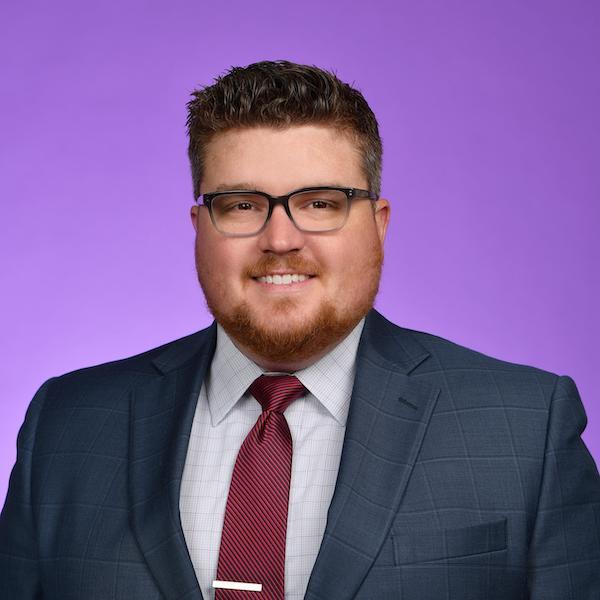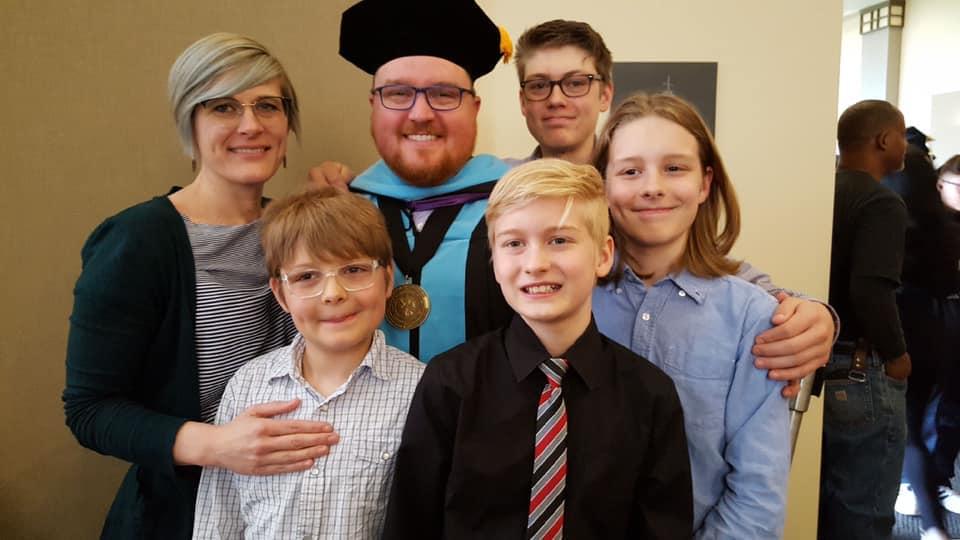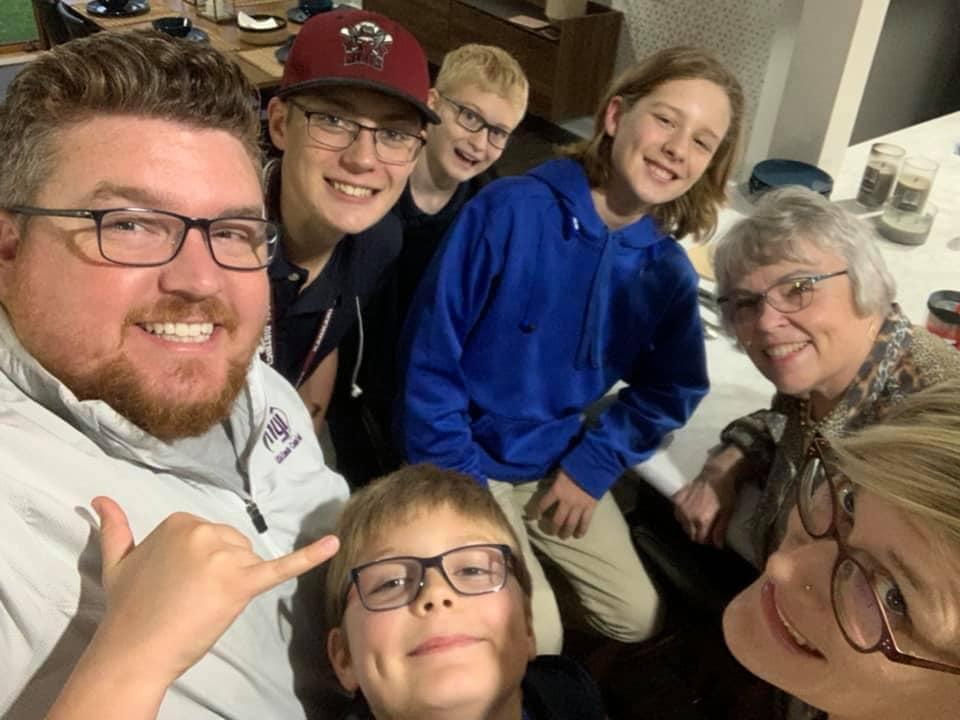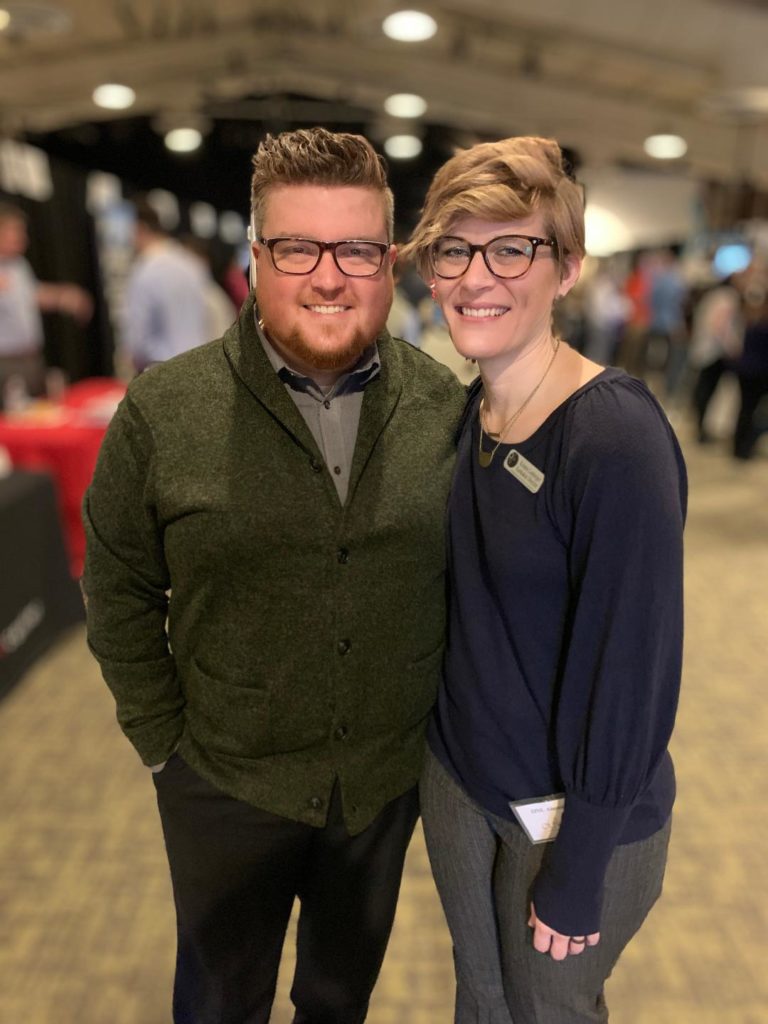DR. CARLOS LONBERGER : MEN OF VALUE INTERVIEW

Dr. Carlos[CL1] Lonberger is Director of Graduate Programs in the School of Theology and Christian Ministry for Olivet Nazarene University, a major Christian university in the Midwest. He is also the director of Church Relations for Olivet. This later position means he is in direct contact with most of the churches in the Midwest[CL2] , “It’s really exciting to see how different God’s kingdom can be from one body to the next,” he said. “I mean, granted we’re all the body of Christ, but from one congregation to the next, it’s interesting to see the cultural differences, the priority differences, and all the things that influence those decisions. So, even just with COVID, with the pandemic, all of the different ways that churches have responded. The big churches are saying, we’re going old school and we’re dividing up the list of everyone from our church, and we’re making old school phone calls asking people how they are doing? Most of the larger churches had already established an on line presence. They already had good production equipment and the skills required, but now, all of a sudden, they had to call and connect with people.”
“It was the other way with smaller churches, some of whom had never videoed one of their services. They had all to suddenly figure out how do we do something online? How do we do online giving? Get Facebook[CL3] ? They never had to do that before. It’s always a lot of fun to see, and work with great church leaders in a lot of different settings and helping them on the grad school side of things to grow and strengthen their skills for ministry is also incredible too.”
Carlos grew up in a Christian family and his father was a pastor for much of his life. “So I was a PK (Pastor’s Kid) and the community that I grew up in was centered around the church and Christian faith. I was really loved into the faith that way. So many pastors’ kids struggle with seeing behind the curtain, and the challenges there. But for me, it was the best place I could have grown up in. My dad was a pastor in Michigan for a time and then also in Illinois, and living in a Christian home and the Christian faith, shaped that foundation of who I was.”
It is not surprising that Carlos’ values center around the Christian Faith: “I think my primary value is surrendering to God’s will for my life, and putting first and foremost His kingdom and His call. It’s a call to put others first, to see and care about the needs of others. And trying to live that out with a humility that comes from the example of Christ. I think to try to be Christlike is the first thing. I believe the more that I’m working to be like Christ, the better father I’ll be, the better husband I’ll be, the better employee I’ll be. I think sometimes when we say that those things are first, we kind of put the cart before the horse. I think the more my obsession and my life is fixated on becoming more like Christ, the better off I am in all of the other areas of life.”
As the father of four sons, much of his life is centered around his family. “Family is very important to me. I’ve been married to my wife now for over 17 years, and I value deeply our relationship and my role in my children’s lives dictates much of my time. But my dedication to Christ comes first.”

Carlos Lonberger defines freedom in this way: “ I think a lot of times we look at freedom as the freedom to do something. You’re free to do whatever you want to do. But when I look at freedom from a Christian perspective, to me it’s more that we’re free from the things that have held us back, the things that have tied us up or kept us in chains. The freedom to follow Christ gives us all that. It’s not a license to do whatever we feel like, but a freedom from our past and the world.”
Carlos recognizes that his values have guided his life in countless ways: “I remember at one point I was working for Bank of America, and there was this opportunity for a promotion there or follow what we felt was God’s call to move from Kansas City to just outside of Ruleville, Indiana and be the worship pastor at a church there. It was really tempting to say, ‘Oh, well, you know what, I’ve got a young family. I can make some more money if I stay with the bank, maybe get some loans paid off and then I’ll do what God wants me to do.’ But ultimately we had a real peace about going to the church in Indiana. And it wasn’t less than six months later I think, they actually closed down the department in Kansas City where I was and had I gone that direction, I probably would have been without a job. So, being faithful to God’s call may require sacrifice sometimes, there’s also a lot of peace in it.”
But the choice is not always as obvious at choosing to help pastor a church or make more money with a big corporation: “There was one point at that church in Indiana, they were going through a pastoral transition. I had been the worship pastor and the senior pastor left, and some folks there wanted me to become the lead pastor there, but we really felt God was calling us to plant a church in the city on the South Side of Chicago. It would have been easier to have stayed with an established church and a regular paycheck as opposed to going where there was nothing guaranteed. But following God’s call to Chicago was another step in the process that led us where we’re at today and I don’t know that I would trade that for much of anything.”

As Christians we have to recognize that God sees what’s ahead. Sometimes he asks us to do something and we think we know the reason why and start filling in the future, but God may have a different plan. “Chicago didn’t work out the way we thought,” Carlos continued. “We had this big idea of what a church would be in that area, but that was not God’s plan. If you look at the beginning of Deuteronomy and what God was doing with the Israelite people, He called them to break camp and move on at the beginning of the book, but then wound up leading them through many places to get to the promised land. He didn’t take him straight there. My wife and I have talked about the fact that we wouldn’t have been ready for where we are now, if we’d come straight here from Indiana. I can see the work that God did in us in Chicago as a failure in my leadership because it didn’t happen the way I had hoped it would. But if it had happened that way, I wouldn’t be here doing what I feel is important work.”
In regards to the conditions of the world today and what needs to happen, Carlos believes that “the role of church needs to return[CL4] to what it used to be. The church used to be much more at the center of what was happening in the world and what was happening in communities and we have allowed ourselves to become marginalized. There are a lot of conversations that the church should be not only at the center of, but probably leading. Instead, we have resigned ourselves to believe in the only way that we’re all going to survive this, is if we get the right Christian politician, which I believe is an oxymoron statement. We need to recognize that there are more than just earthly powers at play here. And these powers are futilely scrambling for influence and power and the church needs to be what the church it was supposed to be. My wife is director of a pregnancy resource center here in town and a lot of people think she needs to be out protesting abortion clinics and all those kinds of things. She understand why people do that but her priority is taking care of that mom who’s in the midst of who knows what kind of trauma, stress, and anxiety, from a number of different sources. The best way to save the life of that unborn baby is to support that mother. I think that same idea applies to everything. If we are going to impact the world, it’s going to be through changing the lives of, and caring for all of the people that are in our circle and spheres of influence.”

The same can be said for most “Christian” political issues. “Look at prayer in schools,” Carlos adds. “Why is that such an issue for Christians? It’s because, we feel like our rights are being infringed on, but the reason we think having prayer in school is important is because we have relegated the education of our children even in matters of faith to the schools. We wanted them to do it for us and then we became frustrated when they teach them a different agenda than we prefer. It’s not the priority or responsibility of the school to teach our children to pray. It’s the responsibility of the family and the church.”
There are not just words for Carlos Lonberger. They are precepts which he puts into action by the way he lives his life. That’s what makes him a man of value.
___
[CL1]Dr.
[CL2]midwest
[CL3]Facebook
[CL4]Needs to return



No Comment